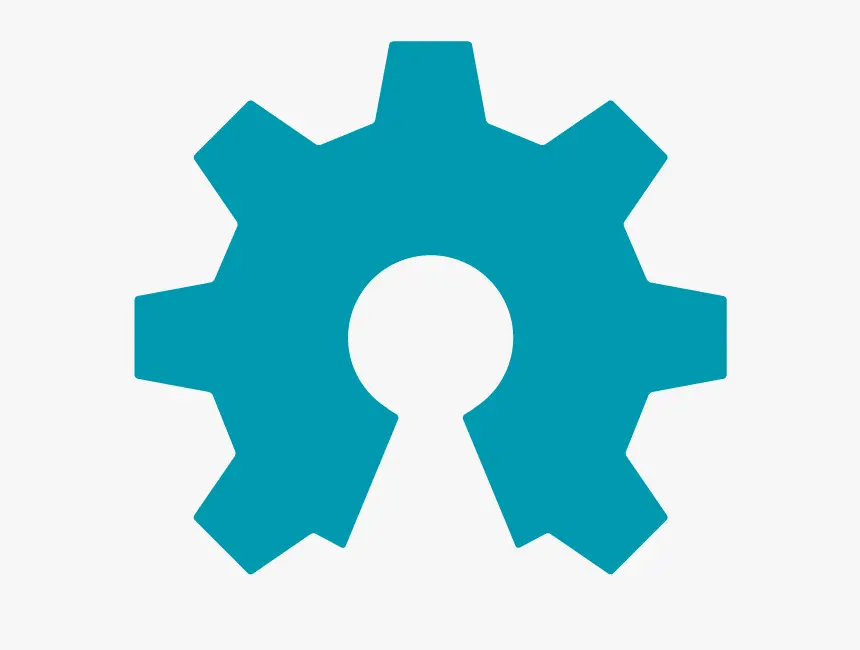Summary
- Google’s proposal, Web Environment Integrity (WEI), aims to send tamper-proof information about a user’s operating system and software to websites.
- The information sent would help reduce ad fraud and enhance security, but it also raises concerns about user autonomy and control over devices.
- The authors argue that implementing WEI could lead to websites blocking access for users not on approved systems and browsers.
- They express worries about companies gaining more control over users’ devices and the potential for abuse.
- The authors emphasize that users should have the final say over what information their devices share.
- Remote attestation tools, like WEI, might have their place in specific contexts but should not be implemented on the open web due to potential negative consequences.
- The authors advocate for preserving user autonomy and the openness of the web, emphasizing that users should be the ultimate decision-makers about their devices.
Joke:
Two pieces of string walk into a bar. The first piece of string asks for a drink. The bartender says, “Get lost. We don’t serve pieces of string.”
The second string ties a knot in his middle and messes up his ends. Then he orders a drink.
The bartender says, “Hey, you aren’t a piece of string, are you?” The piece of string says, “Not me! I’m a frayed knot.”
You must log in or register to comment.
is there is anyway to use chromecast with firefox?
thats the only reason im still attached to chrome
The answer seems to be sometimes. There’s a way to natively do it on Android or with an extension on Mac or Linux, there may be an extension for windows too tho.
There is fx_cast, but it’s not on the same level as Chromecast Integration in Chrome.



